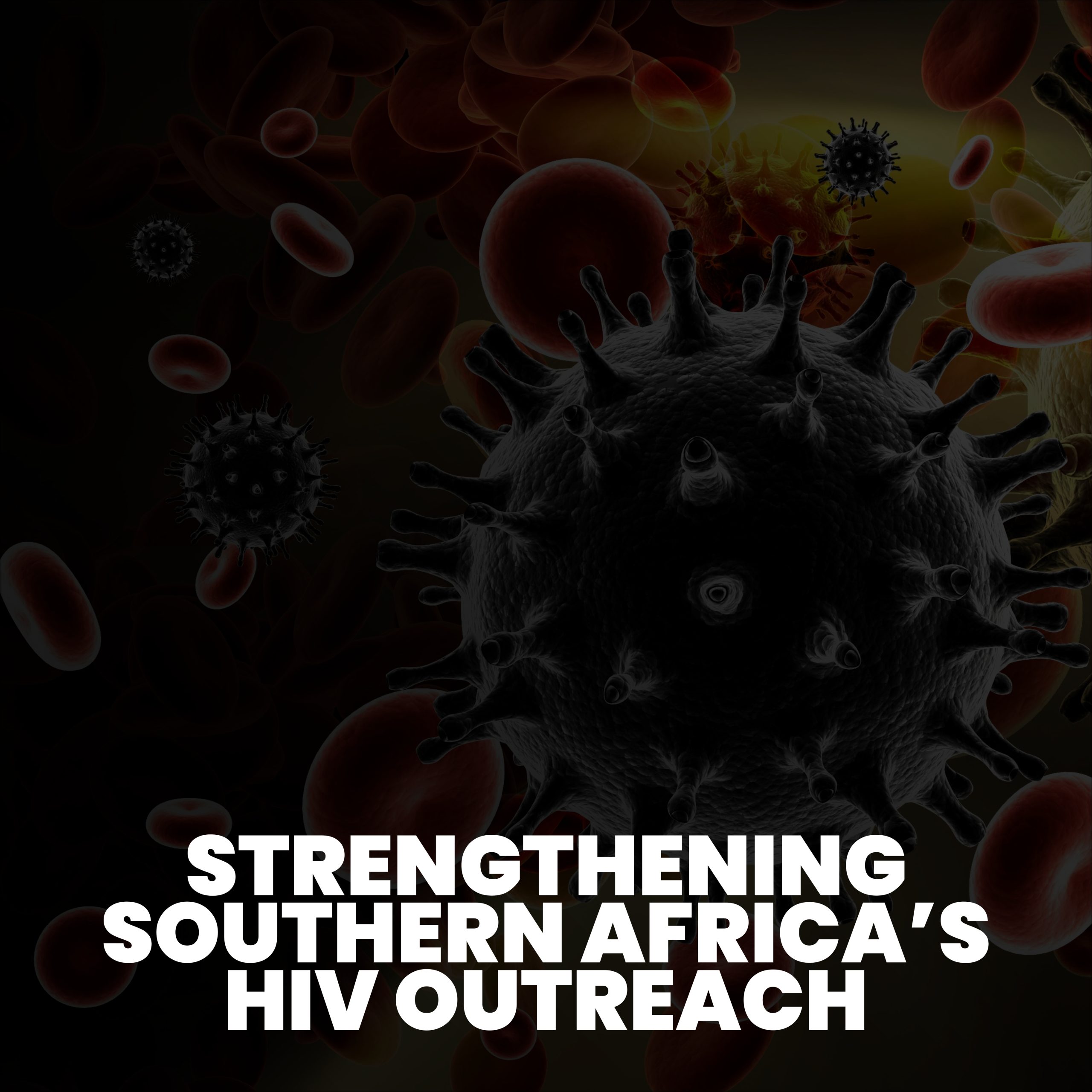Introduction
HIV Outreach programs in Malawi and South Africa are facing serious challenges following cuts in US funding. These initiatives, heavily reliant on community health workers, provide testing, counseling, treatment adherence support, and preventive education. Reductions in financial support have disrupted services, limiting access for vulnerable populations, including pregnant women, infants, and rural communities. Understanding the consequences of these cuts, the strains on local health systems, and strategies for sustaining these services is critical. Maintaining effective HIV outreach ensures continuity of care, prevents setbacks in epidemic control, and supports the well-being of affected populations.
HIV Outreach: Current Challenges
Programs are under pressure due to declining financial support. In South Africa, the suspension of community health-worker initiatives has reduced testing and follow-up services, especially in rural and underserved areas. Malawi faces similar gaps, leaving many communities without timely care. Patient monitoring, educational campaigns, and counseling activities have all been constrained. These challenges highlight the vulnerability of programs dependent on external funding and the urgent need for alternative financing and strategic approaches to maintain essential HIV services.
HIV Outreach: Role of Community Health Workers
Community health workers play a vital role in HIV programs. They provide testing, counseling, monitor treatment adherence, and educate communities about prevention strategies. Funding reductions have reduced their numbers, limiting program reach and effectiveness. Sustaining a trained, motivated workforce is crucial for engaging patients in remote and underserved areas. Without sufficient support for health workers, essential services cannot reach all populations in need, which may disrupt treatment continuity and increase new infections.
HIV Outreach: Disruptions to Testing and Treatment
Cuts in funding have interrupted testing and treatment services. Fewer testing sites and delays in laboratory work have left patients without timely care. In South Africa, viral-load monitoring has declined, and community follow-ups have been scaled back. Malawi faces similar challenges, particularly in rural regions. These disruptions compromise early detection, timely treatment initiation, and adherence monitoring, reducing the overall effectiveness of HIV programs. Ensuring access to testing and treatment is essential to prevent infection resurgence, protect patient health, and sustain progress in combating HIV.
HIV Outreach: Impact on Vulnerable Populations
Vulnerable populations are disproportionately affected by funding reductions. Pregnant women, infants, adolescents, and marginalized communities rely on these programs for essential services. Service disruptions can increase mother-to-child transmission, delay treatment, and worsen health outcomes. Continuous access to testing, counseling, and treatment for these groups is critical to protect public health achievements. Programs must prioritize these populations to prevent setbacks, maintain adherence, and ensure sustainability.
HIV Outreach: Strategies to Mitigate Funding Gaps
Sustaining HIV programs requires adaptive strategies to address reduced funding. Governments can mobilize domestic resources, engage alternative donors, and integrate programs into national health systems. NGOs and community organizations can help fill service gaps. Task-shifting, training volunteers, and optimizing resource allocation allow programs to reach more people with limited resources. Strengthening monitoring, evaluation, and reporting ensures effective use of funds. Proactive planning, collaboration, and innovative strategies are key to maintaining continuity of care despite financial constraints.
HIV Outreach: Long-Term Implications
Reductions in funding carry long-term consequences. Gaps in services threaten treatment coverage, adherence, and prevention outcomes. Without sustainable interventions, new infections may rise, and HIV-related mortality could increase. Dependence on external funding highlights the need for resilient health systems and alternative financing models. Effective HIV programs are essential to protect vulnerable populations, safeguard public health gains, and continue progress toward epidemic control in southern Africa.
HIV Outreach: Global Lessons
The experiences of Malawi and South Africa offer lessons for HIV programs worldwide. Dependence on external funding creates vulnerabilities that can disrupt essential services. Countries should diversify funding sources, invest in local capacity, and build resilient program structures. Community engagement, workforce development, and robust monitoring systems are vital for sustaining services. Applying these lessons globally helps ensure programs remain effective, resilient, and capable of advancing progress even when external support fluctuates.
FAQs
Q1: How do funding cuts affect HIV programs?
Reductions limit support for community health initiatives, reducing testing, counseling, and treatment follow-up.
Q2: Who is most affected by reduced services?
Pregnant women, infants, adolescents, and rural communities are most impacted.
Q3: Can HIV programs continue without US funding?
Yes, with alternative funding, local capacity building, and NGO partnerships, services can be maintained.
Conclusion
HIV programs in Malawi and South Africa face major challenges due to reductions in US funding. Community health workers, testing initiatives, and treatment follow-up services are disrupted, placing vulnerable populations at risk. Sustaining these programs requires domestic resource mobilization, alternative donor support, and strong local partnerships. Effective interventions are critical to prevent new infections, maintain treatment adherence, and protect public health progress. Preserving these initiatives supports communities and advances global efforts to combat HIV/AIDS.




